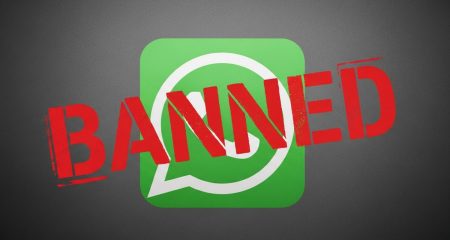
While so-called over-the-top (OTT) messaging services dominate in South Africa as a mobile communication tool, the uptake of voice over IP (VoIP) is slower, say experts.
Global digital specialist adviser Analysys Mason has said that local users are more resistant to substituting mobile voice calls with Internet calls from services such as WhatsApp and Facebook.
At present, smartphone users have a range of apps including Viber, IMO and Skype — most of which already support instant messaging and video calling capabilities.
Many challenges impact faster adoption of VoIP in South Africa, such as a relatively stable data connection as well as good bandwidth, said Karim Yaici, senior analyst at Analysys Mason.
If these two conditions are not met, the user experience will be negatively impacted, so it will affect take-up in the country where 4G penetration is limited.
“According to a consumer survey we conducted in South Africa last year, a third of respondents answered that they did not use apps for making VoIP calls and the two main reasons cited for this were concerns related to call quality and cost (presumably because of the use of their data allowances),” Yaici said.
He said traditional mobile calls could be used for the foreseeable future, in the same way that we still use traditional fixed lines, albeit much less than before.
“Traditional voice calls offer the advantage of being supported by all mobile phones and work on legacy networks (2G), so they are more likely to be available than VoIP services,” said Yaici.
“That said, telecoms operators are investing in new infrastructure to enhance their voice proposition (for instance, by offering HD voice), or by introducing voice over LTE, which supports better network and spectral efficiency than calls made over 2G or 3G networks,” he added.
Looking more broadly at the instant messaging market in South Africa, Yaici said that WhatsApp was currently the most popular OTT messaging and voice app in South Africa.
“We expect substitution of traditional messaging to increase as the user base for OTT services continues to grow,” Yaici said.
He added that Vodacom and MTN controlled 38,1% and 34,2% respectively of total mobile subscribers in South Africa at the end of 2015. Meanwhile, Cell C controlled around a quarter of the user base, but was the only service provider to embrace OTT (at the time).
“Cell C is the market challenger and it has successfully managed to rapidly increase its market share since 2012, through a combination of aggressive pricing and service innovation,” said Yaici.
“It has embraced OTT because its aim is to grow its base by enticing subscribers from competitors.
“It is also the last operator to have launched LTE in 2015, so it may consider OTT services as a catalyst for quicker data adoption,” he said.




